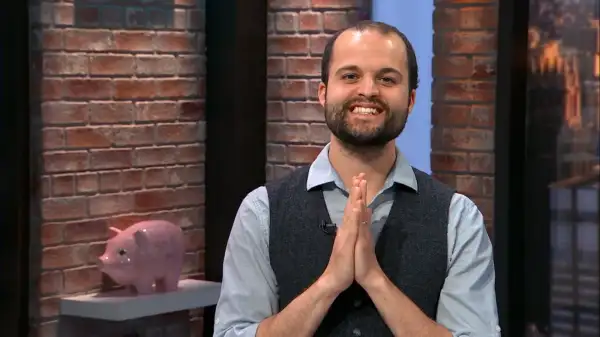Why Should I Care About IPOs?

Why should you care? Because your wealth depends on it!
Okay, let’s back up. An IPO, or initial public offering, is the beginning of a company’s life as a public company, not the end. When a private company wants to go public, it pays an investment bank to help sell those shares. The bank works with the company to figure out how many shares it should offer up to investors, and at what price.
After the IPO, investors buy and sell shares of a company. If the stock is in demand, if a lot of people want to buy it, the price will go up. If no one wants what they’re selling, then the price will go down.
You should care about the price of a stock that you own because you want the price to go up! If you buy a stock at $5 a share, and then sell it at $10, then you’ve made a big profit. You can also make money along the way if the company whose stock you own pays you dividends, or a share of its profits.
That’s the point of long-term investing: owning stocks, or better yet low-cost mutual funds, for decades in the hope that they will share profits with you and be more valuable when you decide to sell. There’s a reason it’s not called a Final Public Offering.
